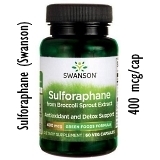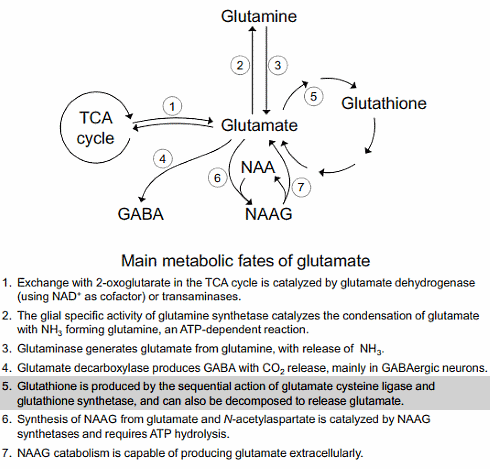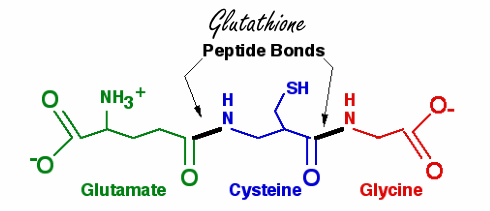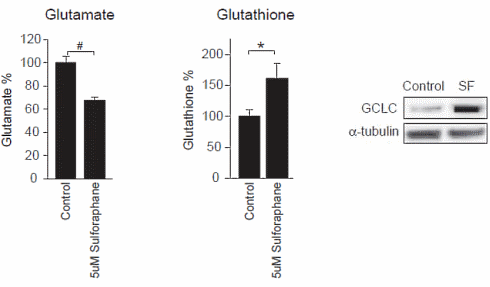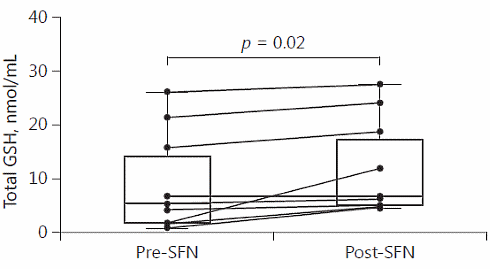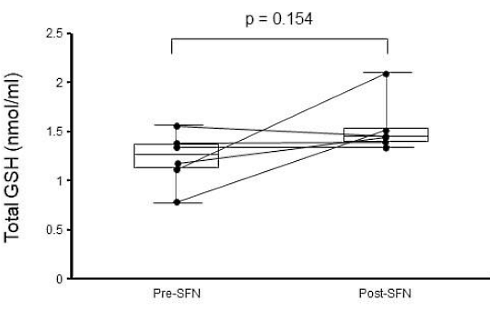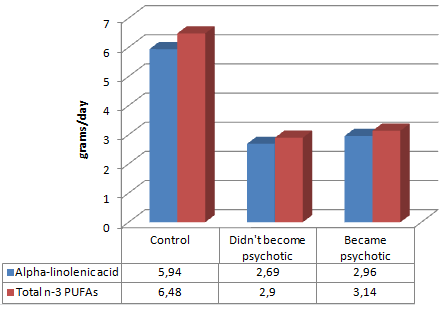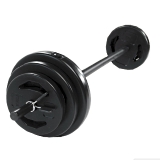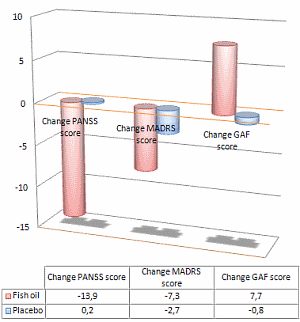|
Definition: "An ergogenic aid is any substance or phenomenon that enhances performance "
|
|
||||||||
19.05.2019 |
|
|
Sulforaphane, an antipsychotic from broccoli?
Glutathione, glutamate & psychoses
In cells, the peptide glutathione functions, among other things, as a storage tank for glutamate. The figure below shows what that connection looks like.
This shift made the brain cells hyperactive, en made them transmit more and stronger electrical stimuli to each other. This effect was somewhat similar to what happens in the brain during psychosis.
In the same in vitro tube study, the researchers stimulated the conversion of glutamate to glutathione by exposing brain cells to sulforaphane [figure below]. Sulforaphane is a bioactive substance in cabbage vegetables that activates the enzyme glutamate cysteine ligase [GLCL]. GLCL glues glutamate into the glutathione molecule. As a result, the brain cells became quieter.
Sulforaphane as an antipsychotic?
In that study, Sedlak and his co-workers gave 9 healthy test subjects 2 capsules a day each with 100 micromoles of sulforaphane for a week. As a result, the concentration of glutathione in blood cells did indeed increase significantly.
According to magnetic resonance spectroscopy, the concentration of glutathione increased in the brain as well, but this trend was not significant. The figure above relates to the glutathione concentration in the thalamus.
The researchers are nevertheless hopeful. If they had used more than 9 subjects, the effects on the glutathione concentration would probably have been significant, they write.
Conclusion
"For people predisposed to heart disease, we know that changes in diet and exercise can help stave off the disease, but there is nothing like that for severe mental disorders yet," adds author Sedlak. "We are hoping that we will one day make some mental illness preventable to a certain extent."
Just whining
The daily dose of 200 micromoles of sulforaphane that the researchers gave to their test subjects amounted to 35.5 milligrams per day. That is a lot. A capsule of any heavy-dose supplement with sulforaphane usually contains several hundred micrograms of the substance. The supplementation scheme of the researchers amounts to a more than a jar of such a supplement per day.
Source: More: Archives:
|
|
||||||||||||||||||

